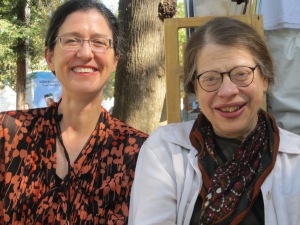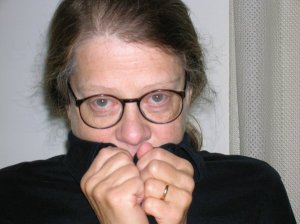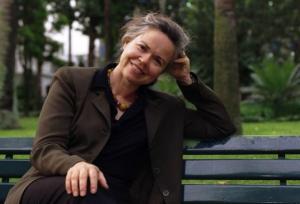A new essay by alumni Jeneva Stone (poetry, ’07), discussing long term caregiving and faculty Heather McHugh’s organization CAREGIFTED, appears online in the Los Angeles Review of Books:
I’M A LONG-TERM CAREGIVER, an identity arrived at with resistance, an identity of displacement that pushes away the small of my former self. My son Robert has multiple severe disabilities, the result of a rare genetic disorder, and a braid of equal parts love, duty, and a mutual receptiveness to adventure links us. Love comes naturally, duty chafes, and adventure is what we invent to pass the time. “Pretend you’re a dragon,” I said before Robert’s most recent surgery. The best kind to be is the benevolence-breathing dragon, whose smoky light blue breath makes right again whatever it touches. So Robert went off for his procedure thinking about flying over the world and fixing car accidents and blown down houses and how everyone would cheer when they saw him coming. That time, he failed extubation, and a ventilator supplied his breath for a week.








